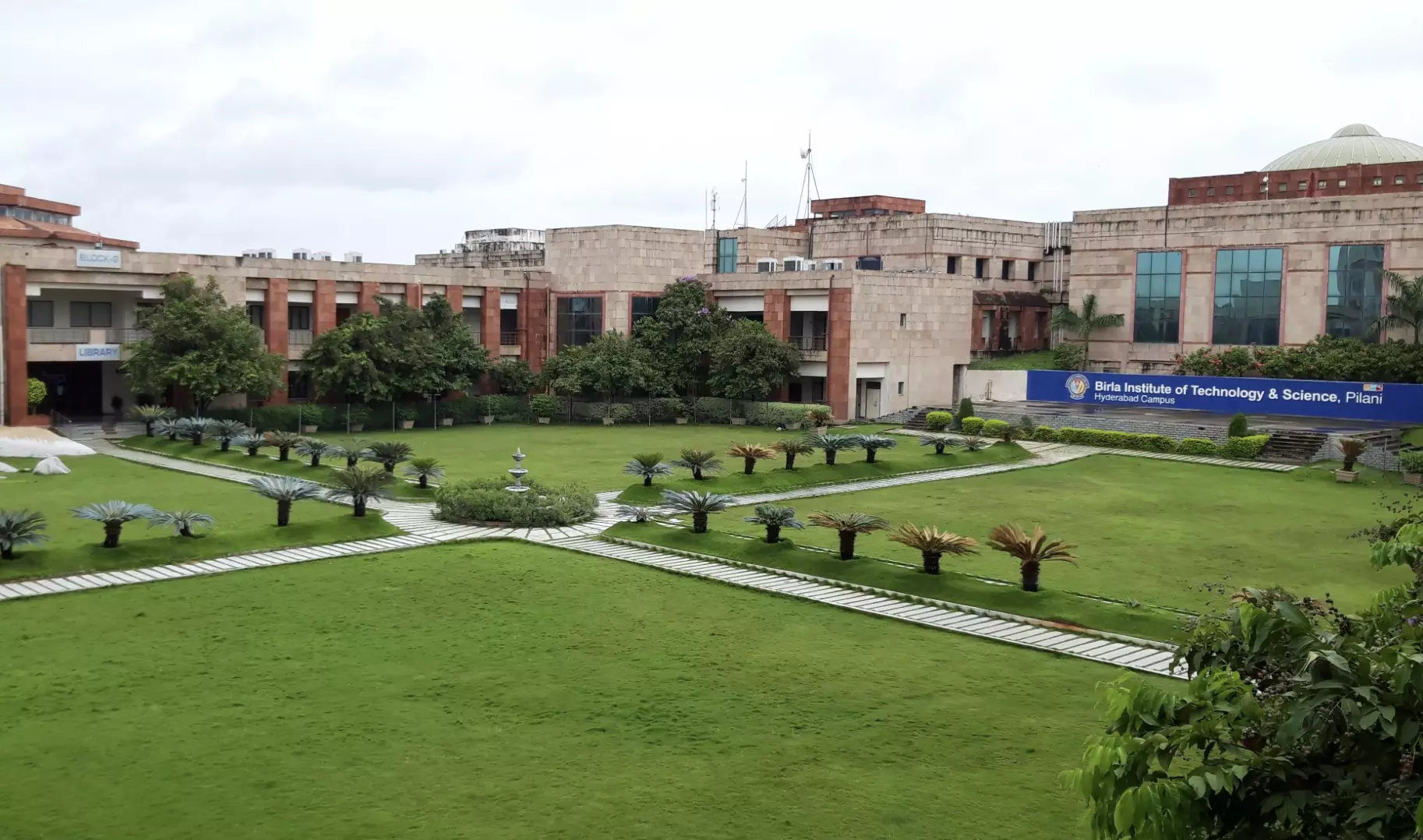BITS Pilani Hyd team develops low-cost nanopaste
With an estimated production cost of around `129 per 100g, FN-CoP is highly affordable for large-scale manufacturing

Hyderabad: A research team at BITS Pilani, Hyderabad, has developed a food-based nanoconductive paste (FN-CoP), a cost-effective and sustainable innovation for biomedical diagnostics and electronics. The FN-CoP has several applications, including ingestible diagnostics, breath analysis, blood purification and treatment of poisoning cases.
The research team was led by Prof. Sanket Goel, the team includes researchers K. Ramya, Yuvraj Maprio Mao and postdoctoral scientist Dr Khairunissa Amreen from the MEMS, Microfluidics and Nanoelectronics (MMNE) Lab.
“Our research bridges the gap between food science and electronics, creating materials that are both functional and safe for biomedical applications,” said Prof. Goel. FN-CoP is a non-toxic, high-performance alternative to existing conductive pastes, with promising applications in diagnostics and therapeutic monitoring. Made from natural food-derived components such as activated carbon, vegetarian-friendly binders and Oral Rehydration Solution (ORS), it offers excellent stability, conductivity and biocompatibility, making it suitable for biomedical sensors and energy harvesters,” explained Prof. Goel.
With an estimated production cost of around `129 per 100g, FN-CoP is highly affordable for large-scale manufacturing. It outperforms similar materials, comprising 20.41 per cent activated carbon for conductivity, 8.16 per cent gelatin-based binder for structural integrity, and 71.43 per cent ORS as a liquid base. The paste demonstrates superior electrical conductivity, with a performance level of 1,787 ± 100 S/m, surpassing most commercial alternatives available today.
“This marks an important step in developing food-safe, eco-friendly materials for biomedical and electronic applications,” said K. Ramya. The paste has already been successfully used in fabricating microsensors for dopamine and insulin detection, as well as energy-harvesting devices. The research team is now exploring commercial partnerships for mass production.

